If you’re getting ready to file the first annual report on your building’s greenhouse gas emissions this spring, these useful tools can help you sift through the paperwork before the May 1 deadline.
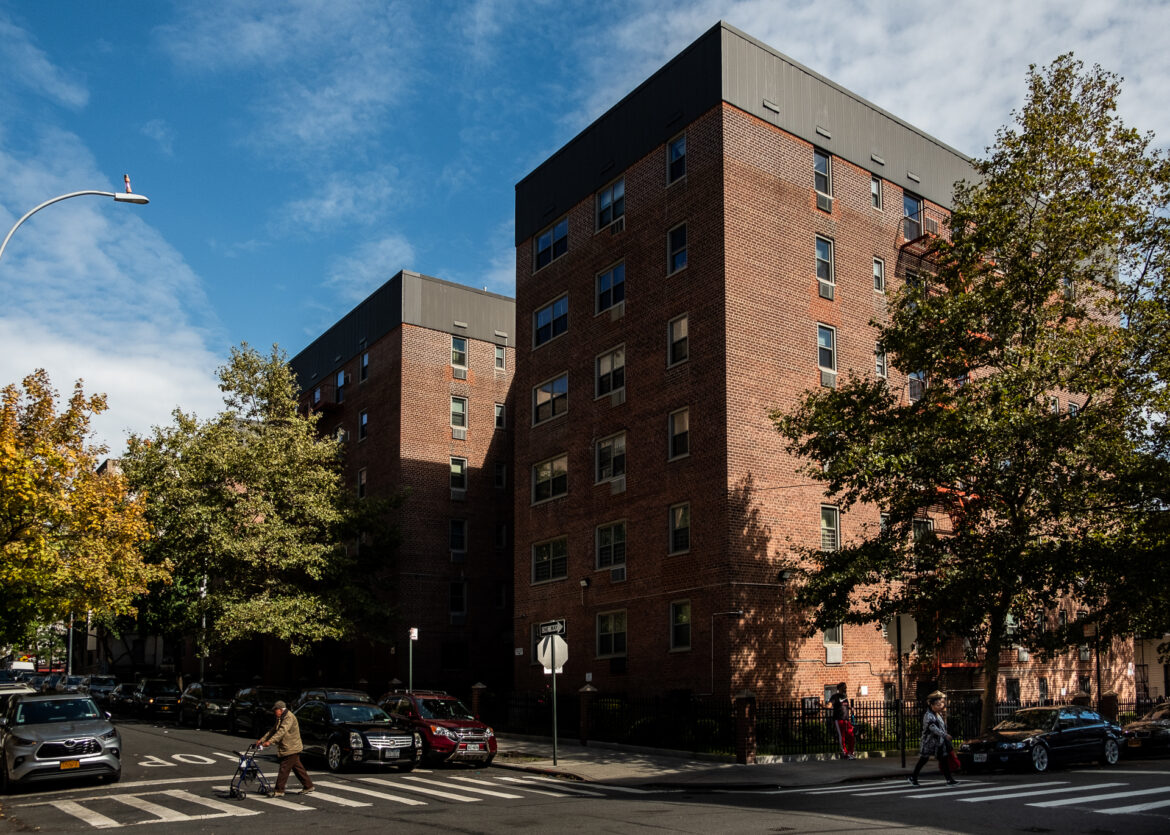
Adi Talwar
Sherman Terrace Co-op in The South Bronx.Building owners across New York City are gearing up to comply with the landmark climate emissions law, Local Law 97 (LL97).
Starting next year, New York City buildings, which are responsible for producing 70 percent of the city’s polluting greenhouse gasses, must reduce their emissions enough to meet yearly targets set by the law. The mandate applies to properties larger than 25,000 square feet, which comes out to about 50,000 buildings citywide.
Those who don’t comply could be subject to a hefty fine of $268 for every metric ton of carbon dioxide they emit above the cap set for their building type.
The law separates the city’s building stock into 60 different categories, from supermarkets to offices to multifamily buildings, and assigns them a limit on how much they can pollute. That amount becomes more stringent over five compliance periods, from 2024 through 2050.
To avoid fines, building owners must reduce their carbon footprint by making energy efficiency upgrades to their buildings. That includes switching to LED lighting or replacing an HVAC system for one that uses up less energy.
The city’s Department of Buildings (DOB) will keep tabs on that progress through an annual report and distribute fines to those who fall behind.
That means that by May 1 of 2025, building owners covered by the law will have to submit a report detailing their annual greenhouse gas emissions from the previous year. Reports submitted in May 2025 will include 2024 usage, so no one should be submitting theirs until the entire year is over.
City Limits compiled a list of resources to help those filling out the reports navigate the paperwork:
- From filing the report to figuring out if your building will owe fines, reach out to the NYC Accelerator for help. This is a program supported by the NYC Mayor’s Office of Climate and Environmental Justice (MOCEJ) that provides guidance on LL97.
- Click here to see some key statistics and updates on the law.
- Here is a list of all the buildings covered by LL97; check if yours is on there and read more about who the law applies to here.
- All LL97 reports must be created and filed by a registered architect, engineer or a retro commissioning agent, which is someone who specializes in making a building more energy efficient. To get help finding one, reach out to the NYC Accelerator.
- All compliance reports must be submitted to a special LL97 portal that the DOB is yet to launch. The online portal will become available in early 2025 and will be accessible through DOB’s website. Check the website for updates on the portal launch next year and see more information on how the process works here.
- To access an information guide on how to report building emissions for market rate properties, click here. You can access the different set of rules that apply to affordable housing complexes and houses of worship here.
- This is the first of three sets of rule packages that DOB created to lay out how LL97 will play out. This first batch went live in January of 2023 and established the emissions limits for each type of building, as well as the framework for the fines. It also introduced the mediated resolution concept, which allows exemptions for landlords to enter into a direct negotiation with the DOB to bypass the fine in exchange for getting back on track.
- The second set of rules was published in December 2023. Most notably, this package gave property owners the opportunity to avoid fines by demonstrating a “good faith effort” to decarbonize their buildings.
- The third and last set of rules is yet to be finalized. A draft published in October can be found here. DOB is in the process of reviewing published comments submitted on the draft. Once that is done, which could happen by the end of this year, the final package will be published. This set of rules proposed a Local Law 97 GreenHOUSE Fund, which aims to help rent-regulated apartment buildings and low-income co-ops fund emissions reduction projects.
To reach the reporter behind this story, contact Mariana@citylimits.org. To reach the editor, contact Jeanmarie@citylimits.org
Want to republish this story? Find City Limits’ reprint policy here.



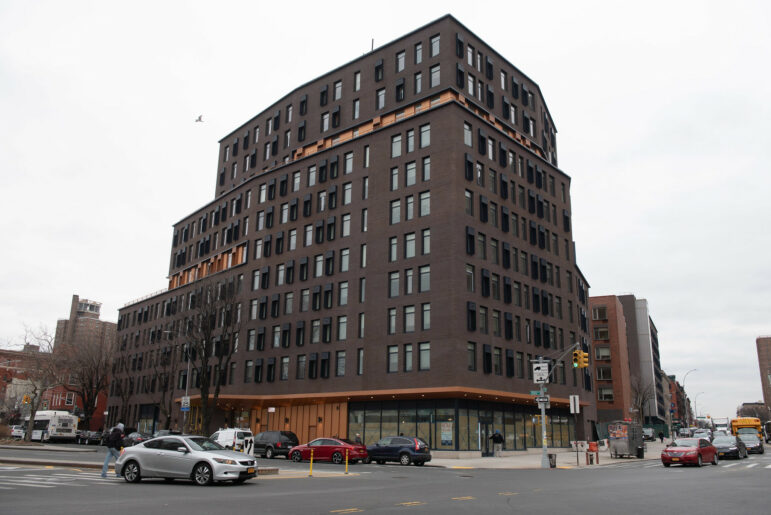
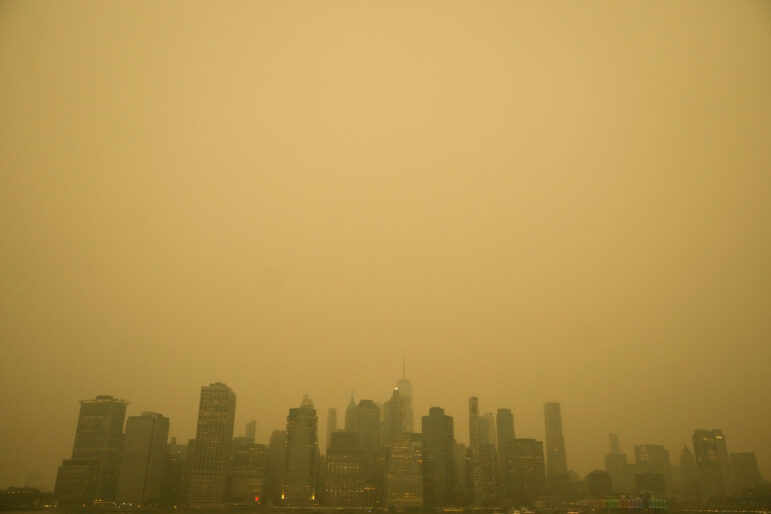
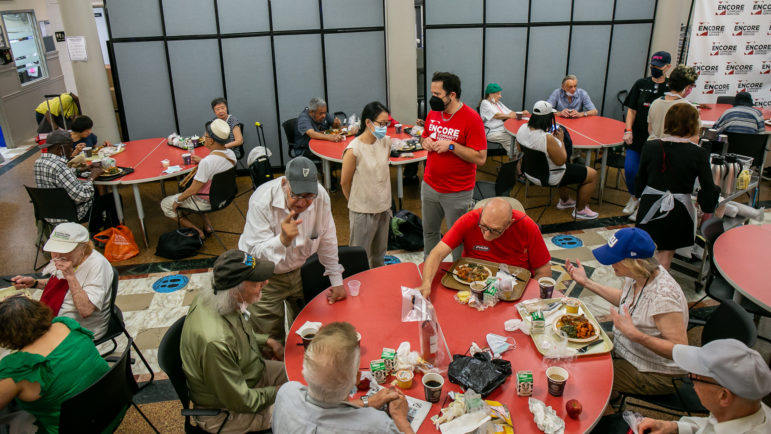
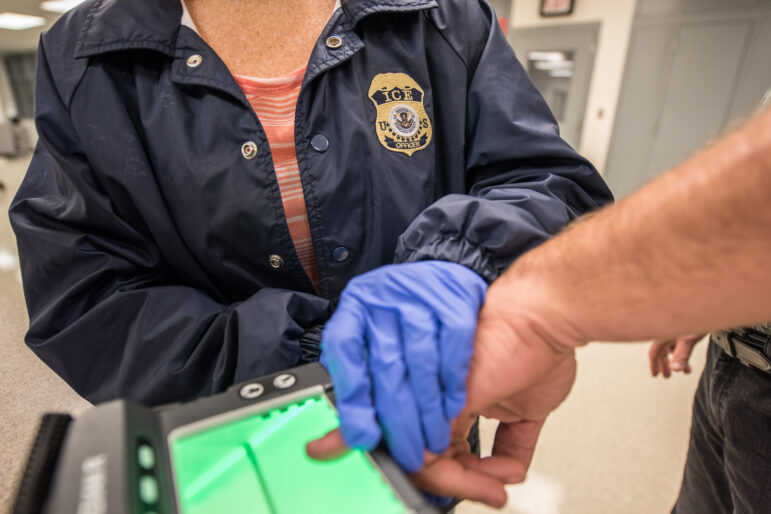


One thought on “Reporting Building Emissions Under Local Law 97? Here’s What You Need to Know”
This law seems to me to be rather counterproductive. If the city makes it even more expensive to live and work in New York, even more people will flee to places like Florida that have far more car-oriented, polluting lifestyles.